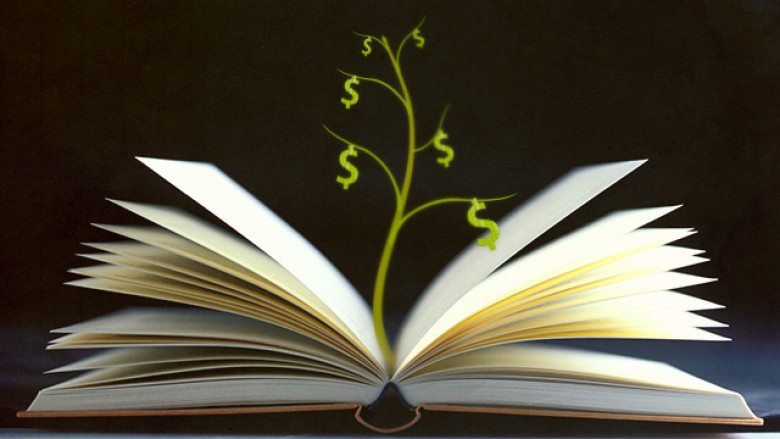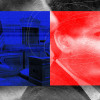One Supreme Court ruling may stop you from reselling just about anything
On Monday, the US Supreme Court will hear arguments in a case that pits a major textbook publisher against Supap Kirtsaeng, a student-entrepreneur who built a small business importing and selling textbooks.
Like many Supreme Court cases, though, there's more than meets the eye. It's not merely a question of whether the Thai-born Kirtsaeng will have to cough up his profits as a copyright infringer; the case is a long-awaited rematch between content companies seeking to knock out the "first sale" doctrine on goods made abroad (not to mention their many opponents). That makes Wiley v. Kirtsaeng the highest-stakes intellectual property case of the year, if not the decade. It's not an exaggeration to say the outcome could affect the very notion of property ownership in the United States. Since most consumer electronics are manufactured outside the US and include copyrighted software in it, a loss for Kirtsaeng would mean copyright owners could tax, or even shut down, resales of everything from books to DVDs to cellphones.
"First sale" is the rule that allows owners to resell, lend out, or give away copyrighted goods without interference. Along with fair use, it's the most important limitation on copyright. So Kirtsaeng's cause has drawn a wide array of allies to his side. These include the biggest online marketplaces like eBay; brick-and-mortar music and game retailers, and the Goodwill—all concerned they may lose their right to sell used goods. Even libraries are concerned their right to lend out books bought abroad could be inhibited.










































































